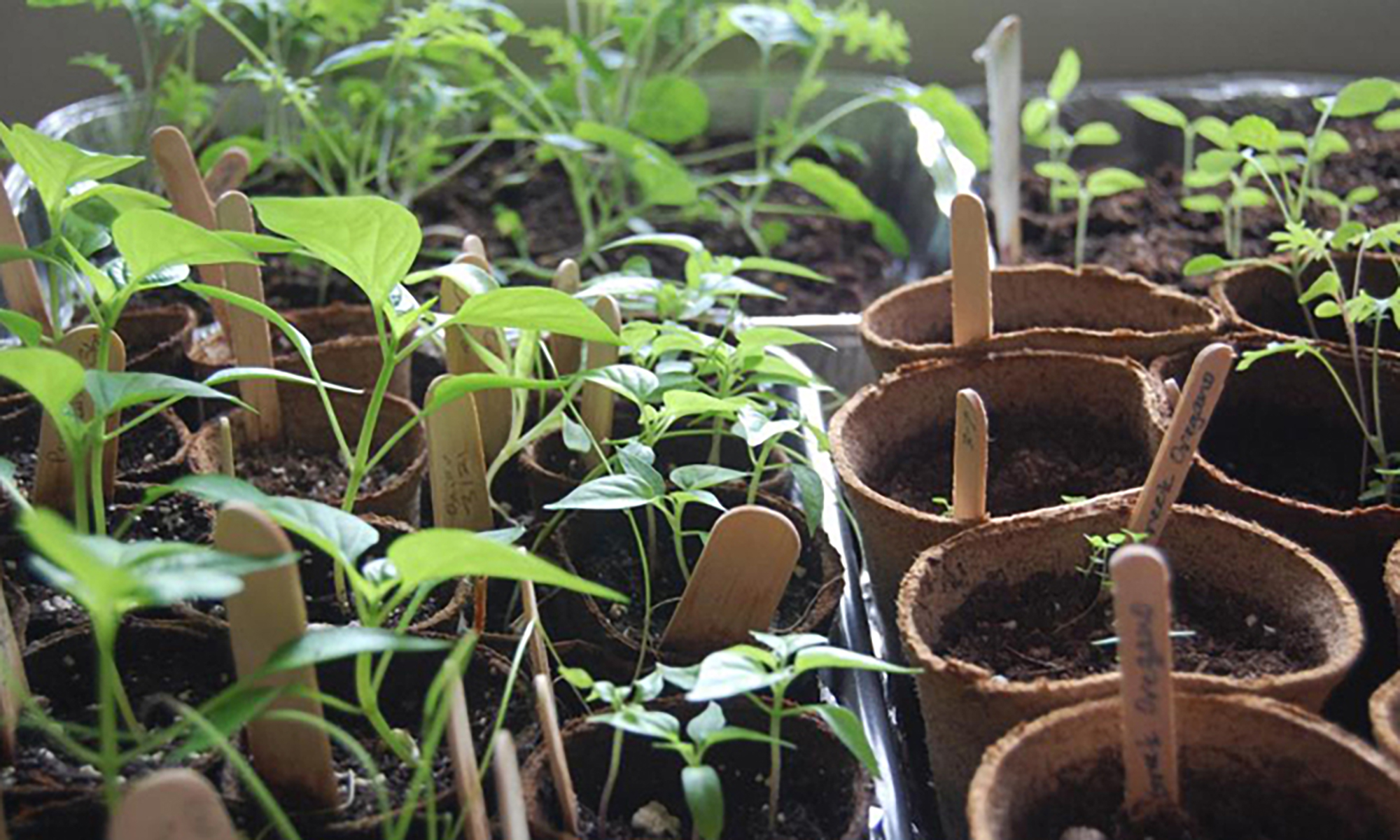
(Photo courtesy KAM Isaiah Israel Congregation Social Justice Committee Program)
An architect rips out a synagogue’s “profane” lawn and grows 8,500 pounds of food for the hungry.
“Lawns have long seemed strange to me,” says architect and urban farmer Robert Nevel. Although perfect for baseball, he admits, grass is “silly and unsustainable as ground cover” and as a setting for a religious building, “profane.”
While Nevel is speaking, his audience enjoys homemade lentil soup, herb bread, salad, and spice cake, served in compostable bowls and plates—all for five dollars. It’s the regular Wednesday community lunch at the Divinity School, and Nevel, who founded the award-winning, nationally recognized Food Justice and Sustainability program at KAM Isaiah Israel, is explaining “how I found religion farming.”
In 2009, Nevel and a gang of volunteers ripped up the lawn at his Kenwood synagogue, across the street from President Obama’s house. Where grass once pointlessly grew, he planted an ornamental food-producing garden in the shape of the star of David. The idea is simple: “Instead of grass,” he says, “we grow food.” Last year, they cultivated 2,500 square feet of garden space and donated 8,500 pounds of food to local organizations serving the hungry.
Since then, Nevel has helped two more Kenwood religious institutions, Kenwood United Church of Christ and St. Paul and the Redeemer, replace their lawns with food gardens. “It’s underutilized ground,” he says, “an unproductive landscape.” When John Dillinger was asked why he robbed banks, Nevel says, his answer was, “That’s where the money is.” In the cases of churches and synagogues, “That’s where 90 percent of the food relief takes place.”
During the question period afterward, someone wants to know how Nevel learned how to be a farmer. “The short answer,” he says, “is I’m from Indiana.”
